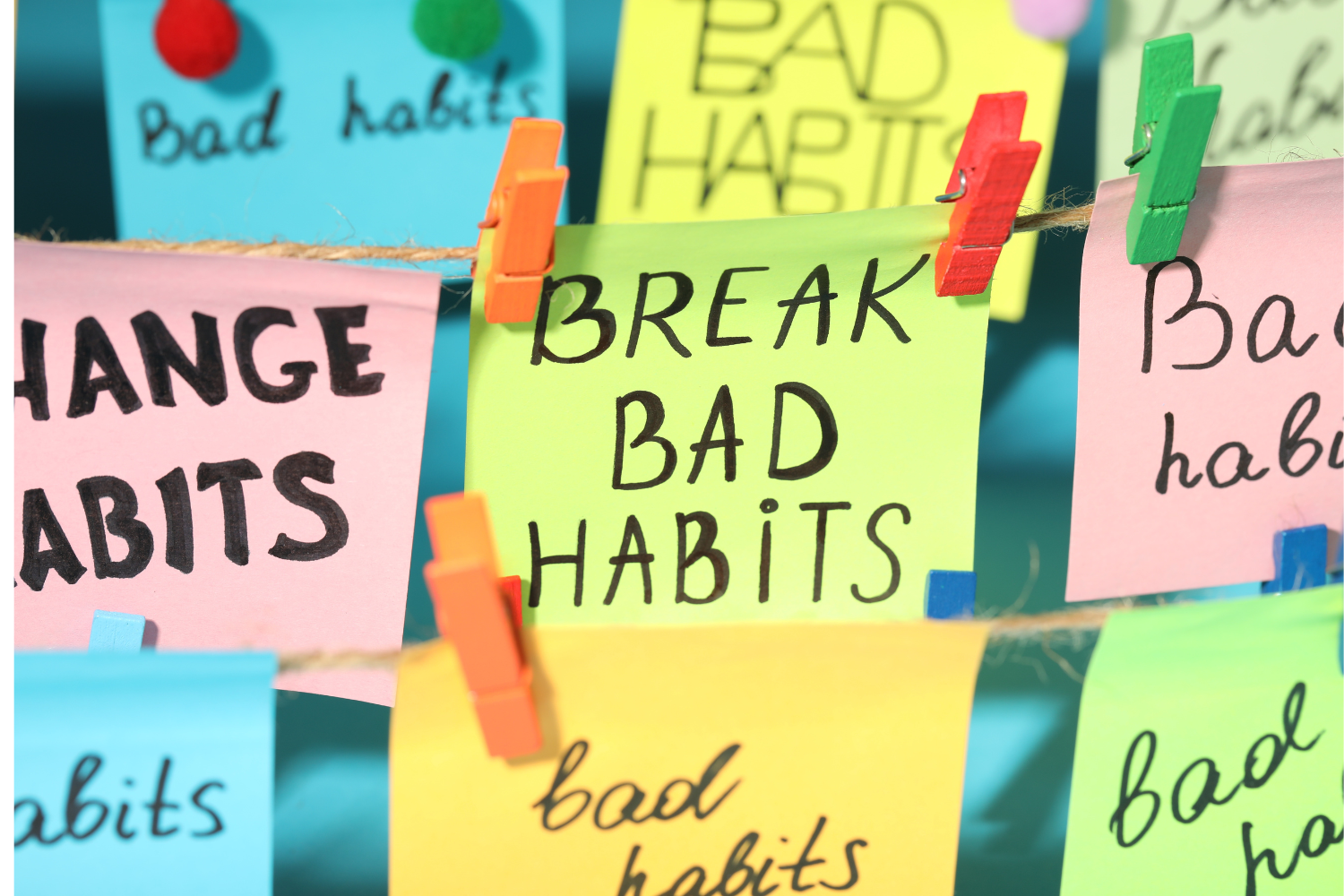We impact our children’s character development every single day through our own behavior.
Yet, we don’t stop often enough to reflect upon the messages we send our children through our words and actions — even the expressions on our face.
For example, a common habit which we all have today is spending time on our phones around our children.
The typical scenario looks like this: We’re texting a friend or maybe we’re surfing the web when the child asks for something. We reply by telling him to wait as we continue looking at our screen.
The child begins to whine, and we mumble to him that we’ll be there in a second. But we’re not there in a second.
The message a child gets is that the phone is more important than he is.
“Always be nice to your children because they are the ones who will choose your rest home.”
— Phyllis Diller
Those two minutes we intend to spend on the phone can add up to hours in a day, and the hours in a day, over time, can add up to weeks and so on and so on.
To put things in perspective, in 2023, the average person will spend 3.15 hours on their phone every day; 12.6 hours per week; 50.4 hours per month; 604.8 hours per year.
You can see what a strong message we give our kids when we take a “quick” glance at our phones.
In addition, our kids will probably grow up to repeat the same pattern with their children. Don’t you find yourself repeating patterns that were once your parents?
I’m not suggesting we should cater to our child’s every whim, only that we should be diligent in the way we show up for our kids.
We can replace the smartphone with any bad habit, such as, eating junk food or eating too much; not exercising, using bad language, not keeping our word, gossiping, telling too many “white” lies, or working too much.
Our bad habits become examples for our children, so if we want to raise our kids well, we have to start by working on ourselves.
“We are what we repeatedly do. Excellence, then, is not an act, but a habit. ”
— Aristotle
Raising kids above the fold takes a combination of factors and one of these factors is our own habits.
We need to reflect on our habits because it’s easy to go through life oblivious to things that seem inconsequential at the moment, but with time they become lessons we teach our children, for better or for worse.
Let’s take inventory of our habits; the things we think, say, and do — are they messages that will serve us and serve our children well over time?
If not, let’s work to replace those bad habits with good habits.
Start with one bad habit, conquer it, and then choose another. To try and tackle many bad habits at once would be to invite defeat. One step at a time in replacing the bad with the good while we adopt better habits for ourselves.
Be specific with ourselves about precisely what bad habit we are replacing with what good habit, so every time we find ourselves falling back into the bad one, we can quickly self-correct by replacing it with the good habit.
It’s not until our children are older and have developed their own habits, values, and beliefs that we come face-to-face with our own shortcomings.
We’ll naturally become more effective parents if we become aware of the little things we do that add up to the big lessons we teach.
Don’t miss our free download, Ten Books Every Well-Educated Child Should Read.
Teach your child to read before sending him to school! Learn more about Elizabeth's unique course, How to Teach Your Child to Read and Raise a Child Who Loves to Read.
For parents of children under age seven who would like to prepare their child for social and academic success, please begin with Elizabeth’s singular online course, Raise Your Child to Thrive in Life and Excel in Learning.
When you join the Smart Homeschooler Academy online course for parents, Elizabeth will make homeschooling manageable for you. She’ll guide you in helping your kids reach their intellectual potential and developing good character.
As a homeschooler, you will feel confident, calm, and motivated knowing you have the tools and support you need to homeschool successfully.
Elizabeth Y. Hanson is a homeschooling thought-leader and the founder of Smart Homeschooler.
As an Educator, Homeschool Emerita, Writer, and Love and Leadership Certified Parenting Coach, Elizabeth has 21+ years of experience working in education.
Developing a comprehensive understanding of how to raise and educate a child, she devotes her time to helping parents get it right.
Elizabeth is available for one-on-one consultations as needed.
"I know Elizabeth Y. Hanson as a remarkably intelligent, highly sensitive woman with a moral nature and deep insight into differences between schooling and education. Elizabeth's mastery of current educational difficulties is a testimony to her comprehensive understanding of the competing worlds of schooling and education. She has a good heart and a good head. What more can I say?”
—John Taylor Gatto Distinguished educator, public speaker, and best-selling author of Dumbing Us Down: The Hidden Curriculum of Compulsory Schooling




























